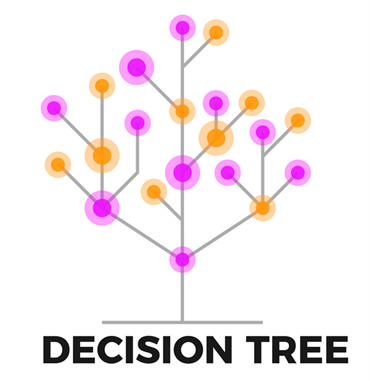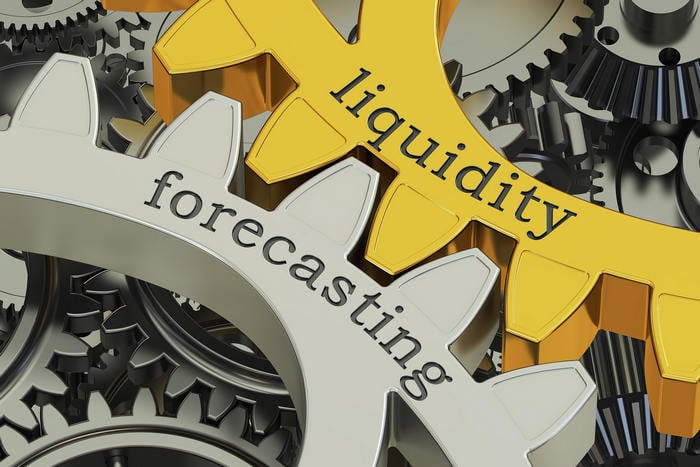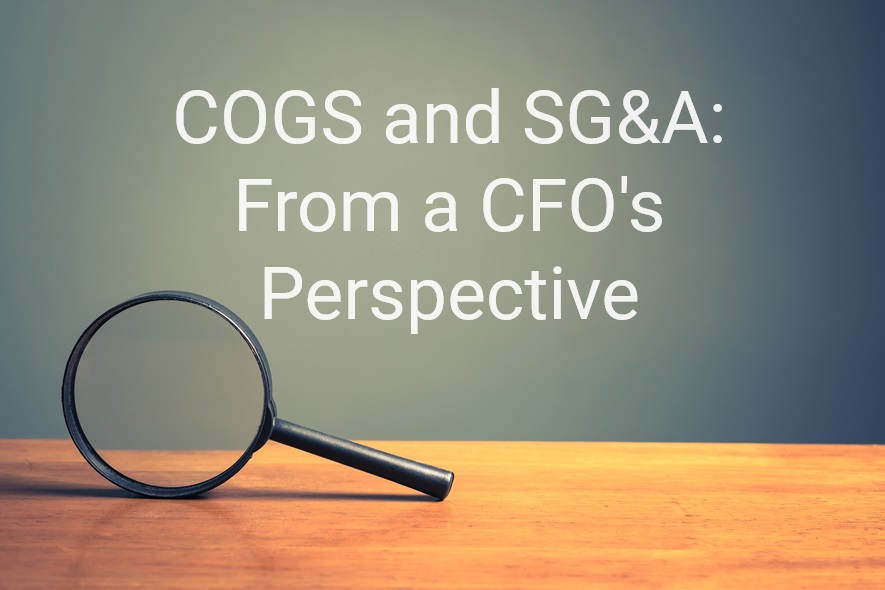For those not familiar with the term, a decision tree is a flow chart that works through all possible response options in a scenario to analyze resulting outcomes. Basically, it is a visual version of an “if this then that” statement across all possible alternatives.
The “branches” off each decision alternative that result use data analysis to forecast the most likely outcome of each decision. When one decision leads to another decision that must be made, that branch splits to continue extrapolating the effects of each subsequent decision. The result is a tree-like diagram (hence the name) that is easy to understand and interpret.
Decision trees can be more conceptual in nature or have numbers to back up decision scenarios, as is the case of pricing changes affecting revenue figures. For decision trees with complicated calculations, a software program can assign values and probabilities to streamline decision-making. A decision tree is a critical part of strategic planning because it allows decision makers to analyze the effects of a significant change throughout different areas of the business.










